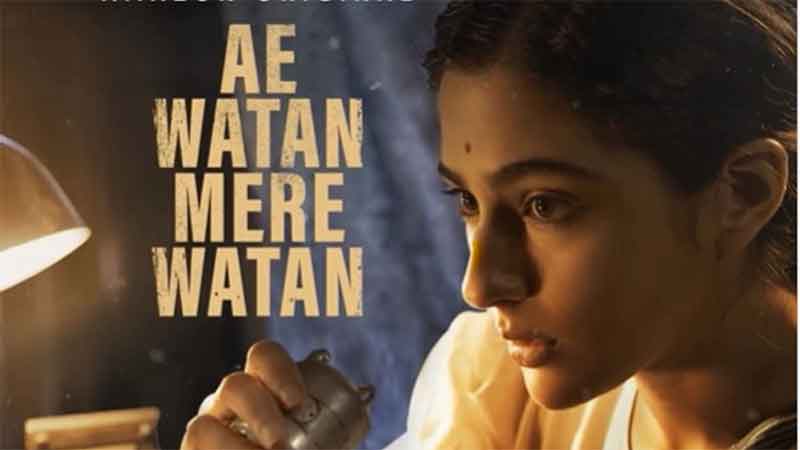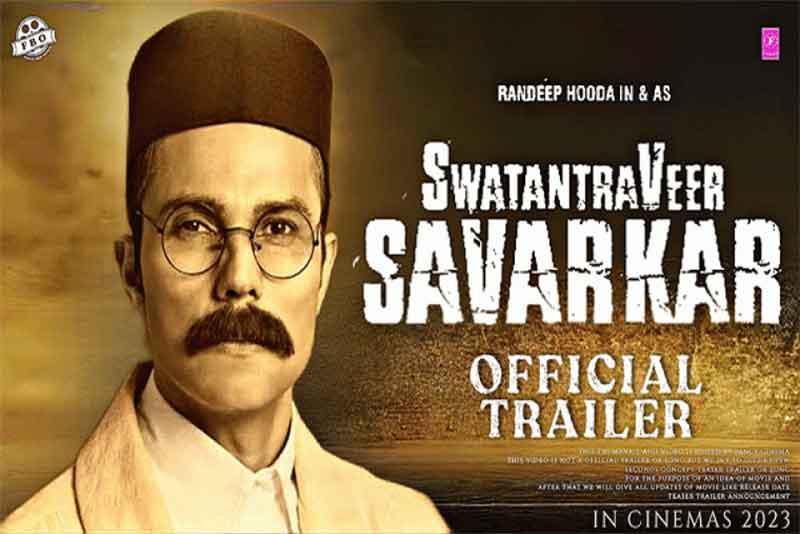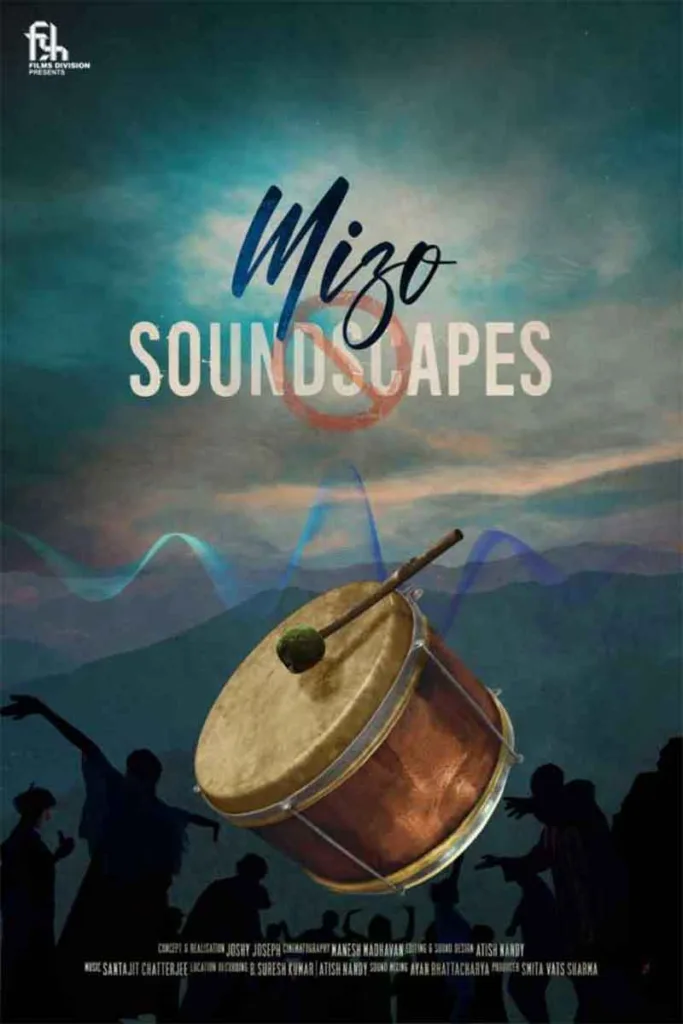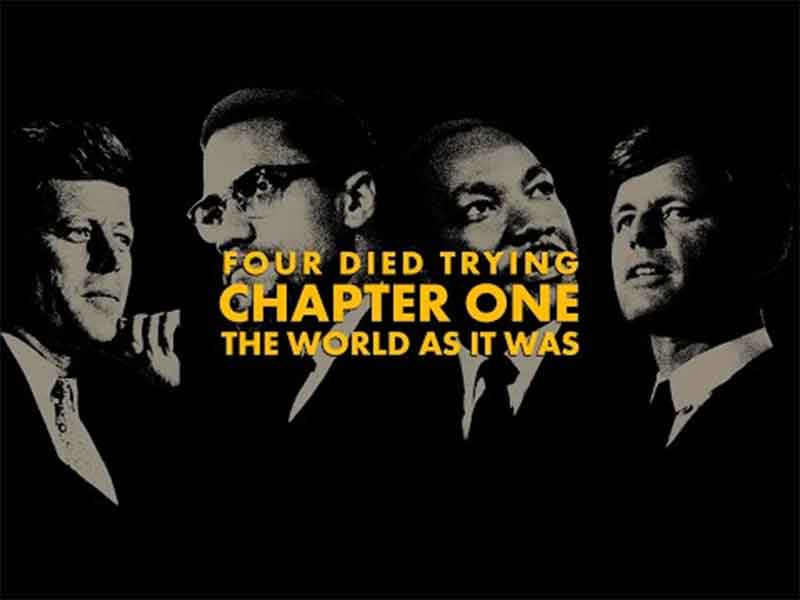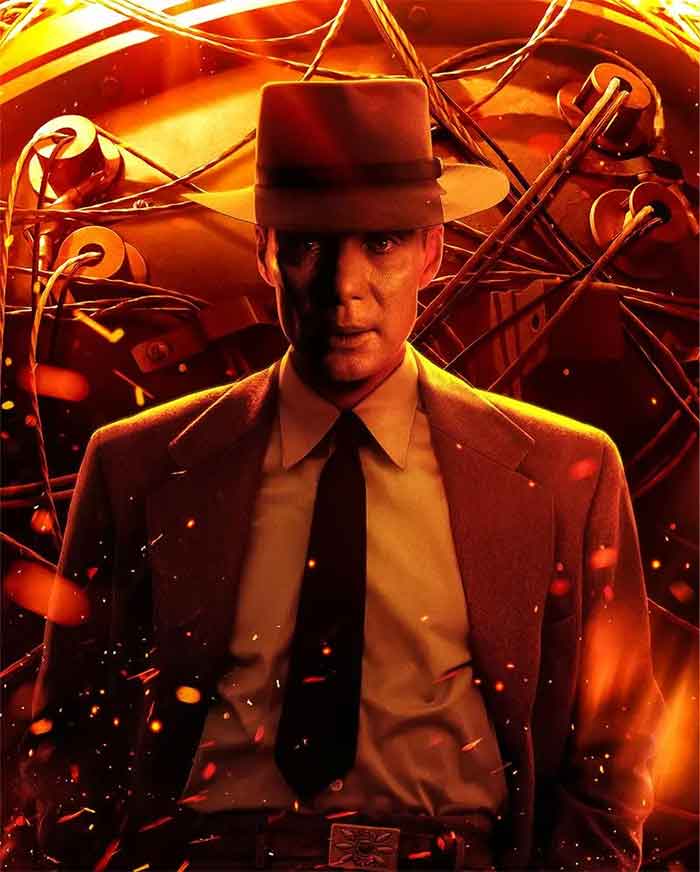
Jean Luc Godard very rightfully claimed, ‘It is not where you take things from- it is where you take them to’. Reading this quote in the light of the recently released Netflix series Ray and its criticism that followed brings up a lot many questions.
Ray, divided into four episodes, is based on Satyajit Ray’s stories. The world crafted by Satyajit Ray in his stories is filled with a kind of innocence. Perhaps it was this lack of innocence and a crude mix of postmodern elements in these episodes, that led to the huge criticism among a lot many viewers for these stories being not ‘a true adaptation’.
This brings us to the essential question- ‘What is true adaptation’. In this postmodern world, the primal question of originality in art remains a point of contestation. Therefore, it becomes safe to say that any form of art is not novel rather a pastiche of existing forms. The aspect of inspiration becomes important in this purview. Coming to the question of adaptation, I would state a perfect classification of adaptation. Prof. Poonam Trivedi classifies adaptations into three kinds. Any and every adaptation can be classified into any of these categories. A Transposition is the kind of adaptation where the original text is adapted directly to the screen, without any changes. A Commentary is an adaptation where the original text is somewhat altered purposefully to suit the medium of a film. And the last category is Analogy, where there is a considerable departure from the original work to make an independent sort of art. While taking Ray into question, each episode becomes an Analogy of the original work rather than a simple transposition.
Be it the fantastical darkness in Forget Me Not and Behrupiya, the jovial atmosphere and a lingering curiosity in Hungama Hai Kyu Barpa, or the surreal tendencies in Spotlight, each segment takes inspiration from Ray’s original work, adds in a postmodern lense, and further present it to the audience. The only catch here remains that the audience is not yet ready to accept the analogy of the text for they believe such an experiment hampers the sanctity of the text.
Any text remains classic in nature when it transcends spatio-temporal bounds. The case in point is Shakespeare- Baz Luhrmann’s adaptation Romeo+Juliet is the best example of how an Elizabethan play transcends these bounds and is adapted in a Postmodern Americal context in and MTV era. Similarly, the classic element of Ray’s work remains paramount through these adaptations. Varied cinematic techniques used by each director add-in to make such an analogy. Be it Srijit Mukherjee, Vasant Bala, or Abhishek Chaubey, they lend their perception to these stories. Be it through the dark mise-en-scene of Forget Me Not, the modern and antique pastiche of Behrupiya, or the surreal dreamscape of Spotlight, each of them adds a distinct flavor to already distinct stories of Ray.
The point herein remains that with the change in watching patterns and the upcoming experiments in filmmaking, it is important to not be stringent with the viewership, but rather be open to experimentation with the same.
Shriyanshi has completed her postgraduation in English Literature and is now working as a Content Writer. Post Modernism, Power structures, and coming-of-the-age literature are some topics that she finds interest in. You can reach out to her at [email protected]
GET COUNTERCURRENTS DAILY NEWSLETTER STRAIGHT TO YOUR INBOX

